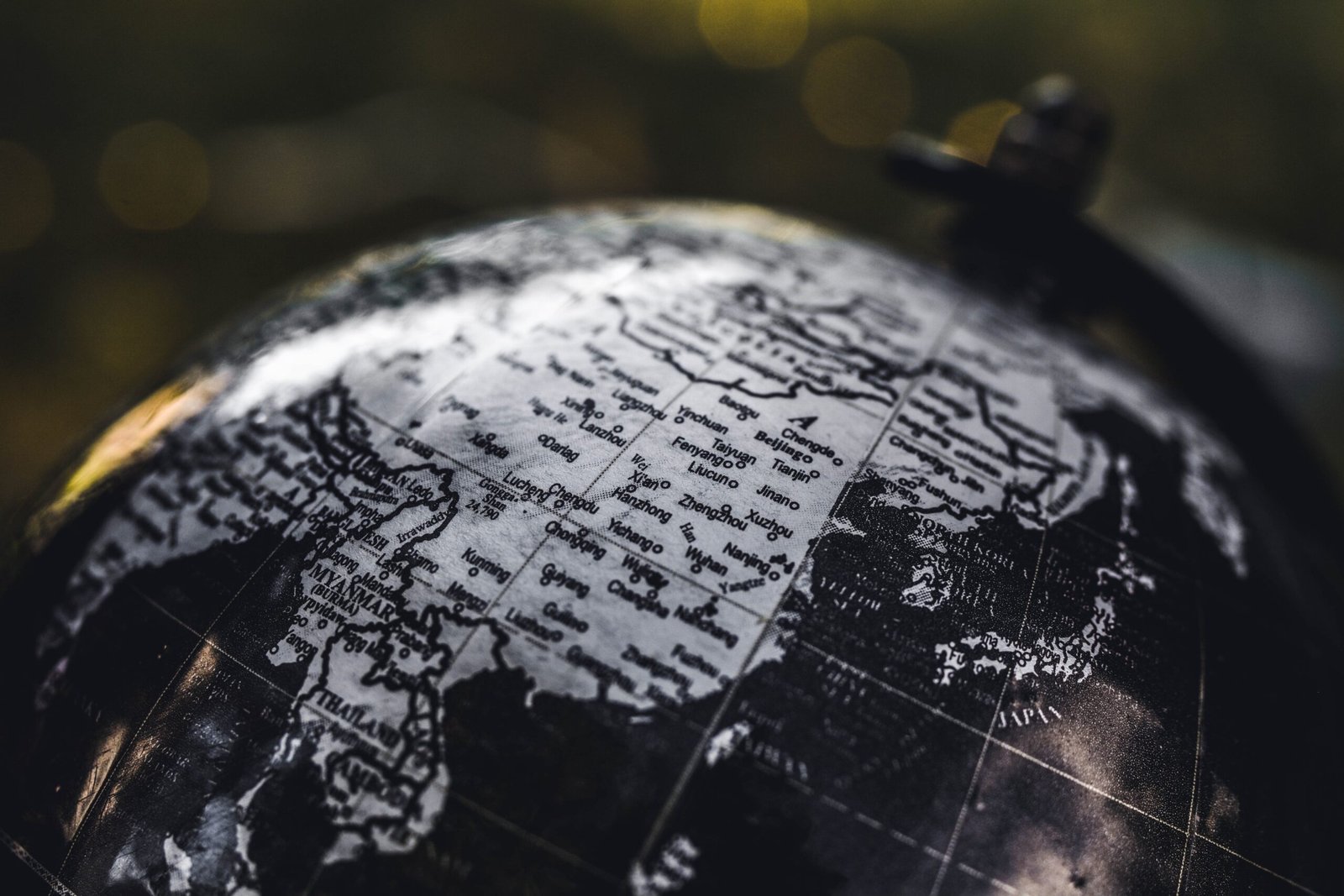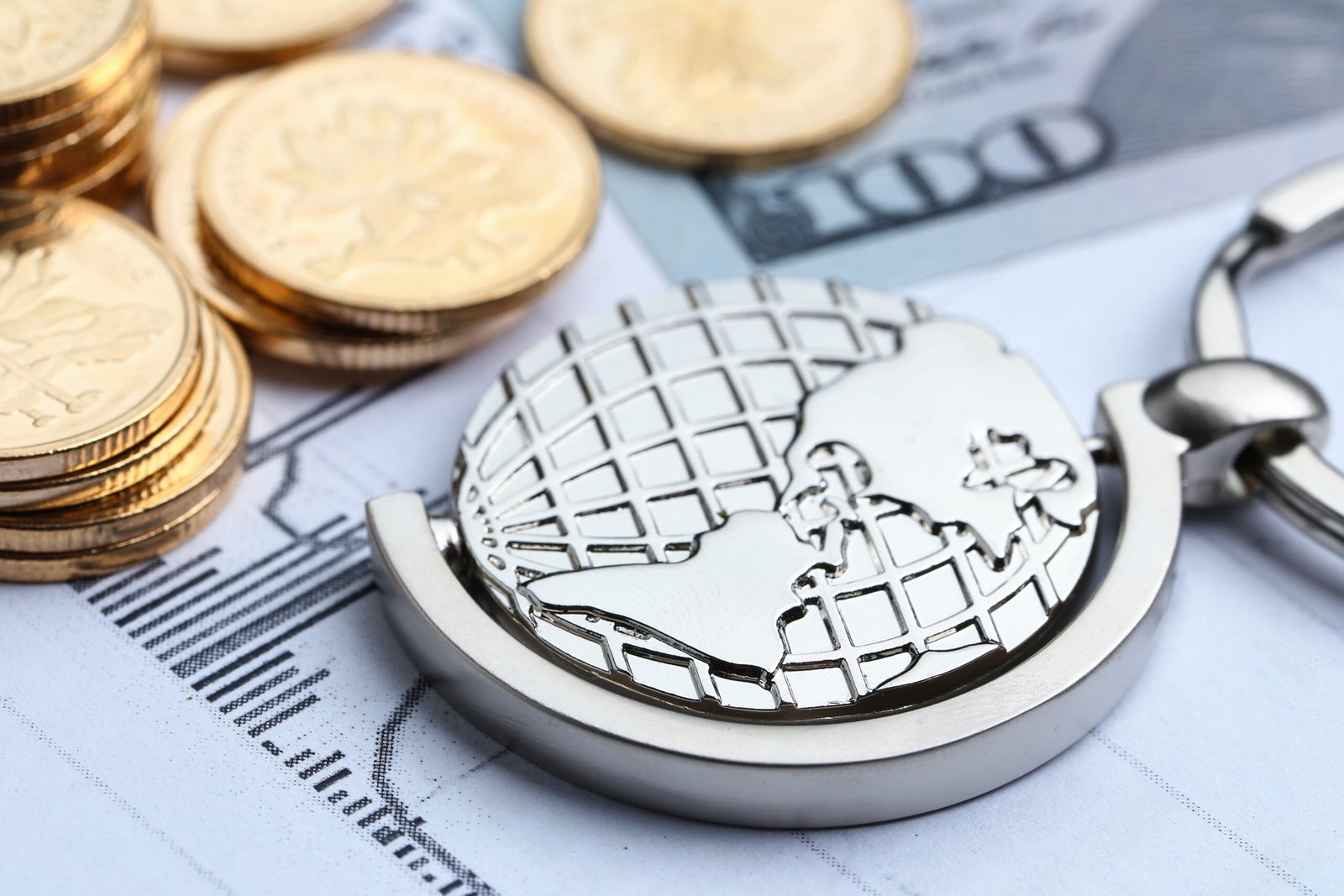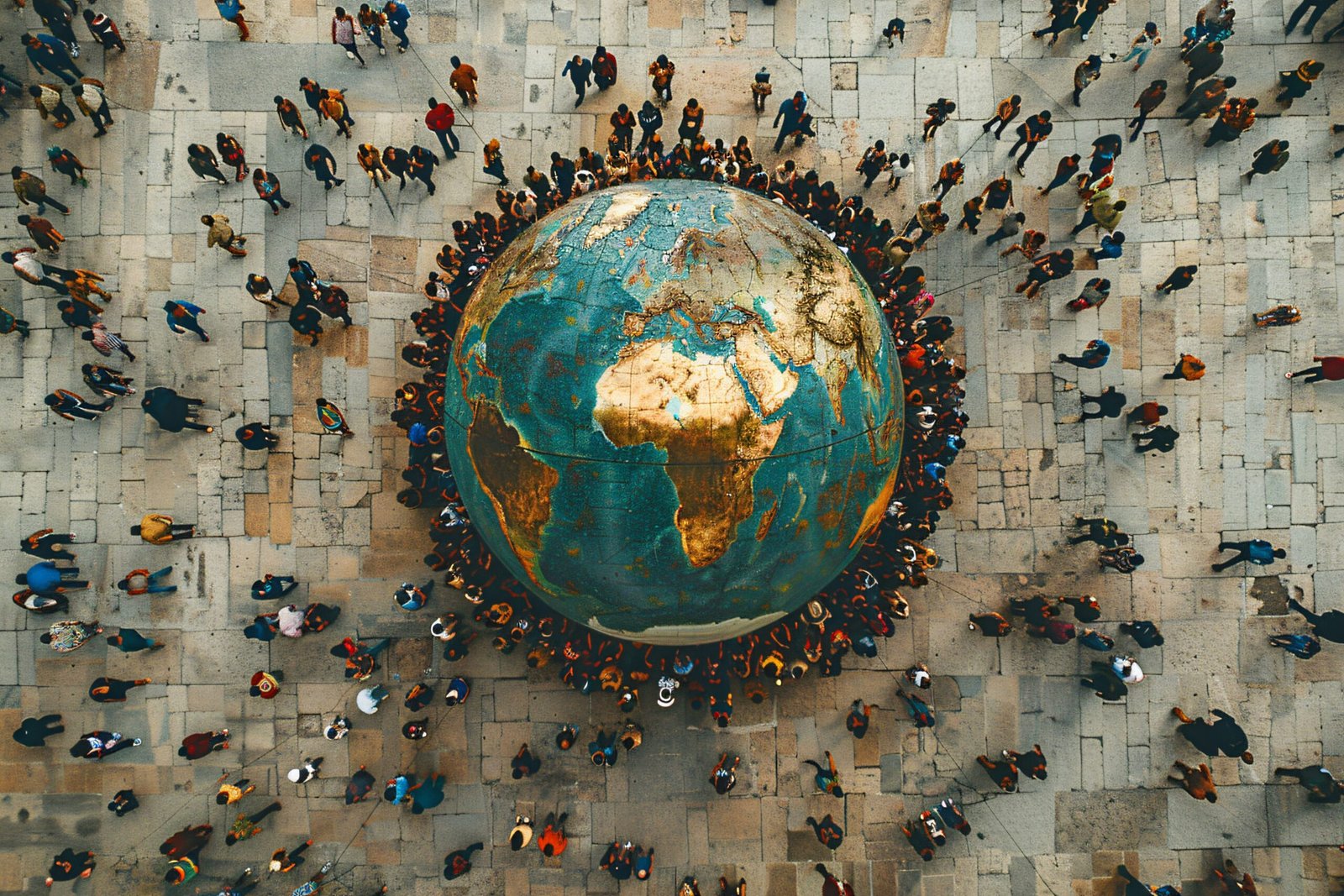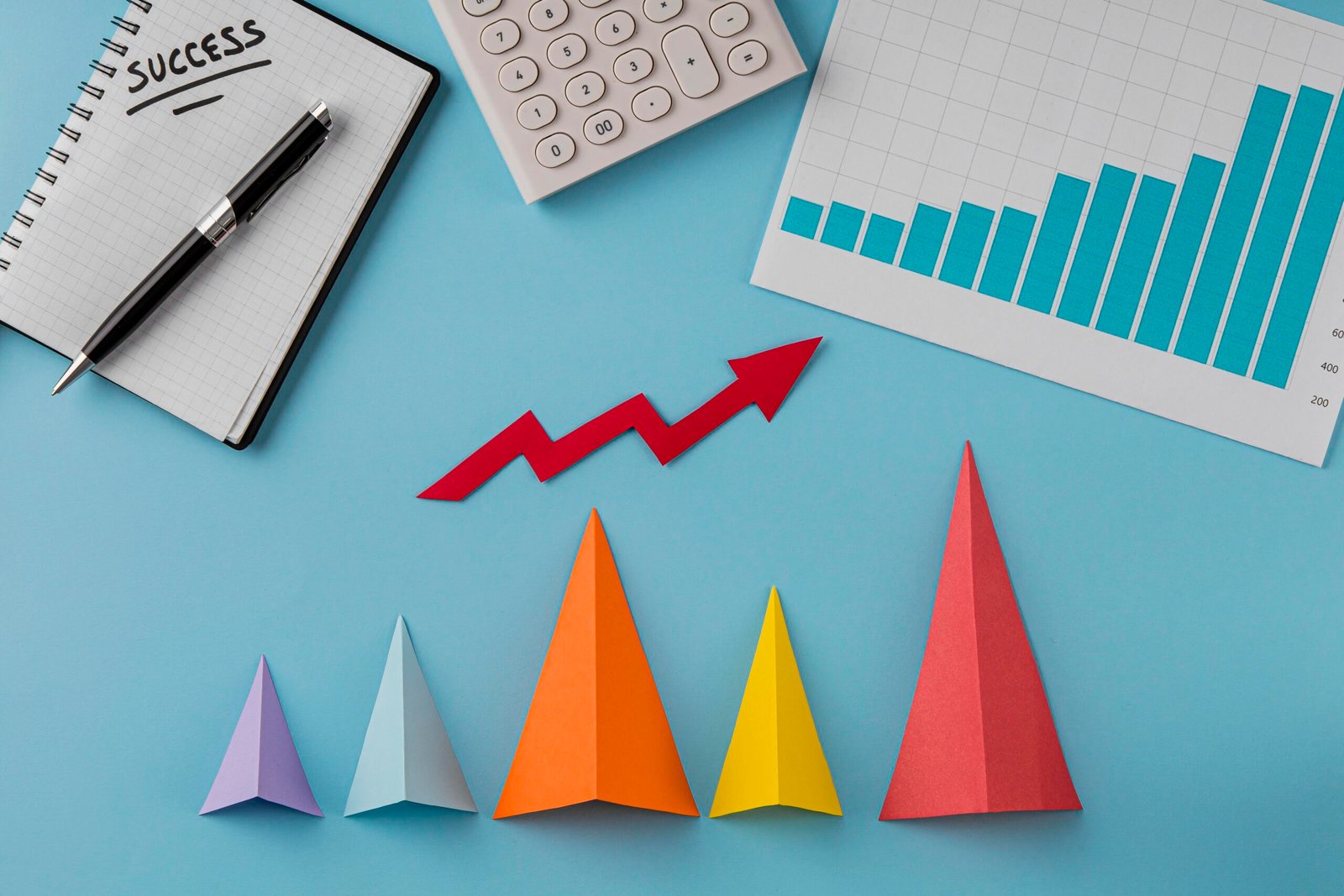The global economy refers to the interconnected system of economic activities, trade, investments, and financial exchanges that occur across national borders. In an increasingly interconnected world, understanding the global economy is crucial for businesses, governments, and individuals alike. It affects everything from employment and inflation to international trade policies and investment opportunities.
In this comprehensive guide, we’ll explore the key components of the global economy, its driving forces, emerging trends, challenges, and the role of global institutions.
What is the Global Economy?
Definition and Scope
The global economy encompasses all economic activities that transcend national boundaries, including international trade, investment, production, and consumption of goods and services. It is characterized by the movement of capital, goods, services, labor, and technology across countries, facilitated by globalization.
Key elements of the global economy include:
- International Trade: Exchange of goods and services between countries.
- Foreign Direct Investment (FDI): Investments made by a country or corporation in foreign assets.
- Currency Exchange: The trading of national currencies on international markets.
- Global Supply Chains: The interdependence of businesses worldwide to produce and deliver products.
Why Understanding the Global Economy Matters
The global economy affects the financial well-being of individuals and nations. Factors like exchange rates, inflation, global demand, and international trade policies impact everyday life, from the price of goods to job availability. For investors and businesses, understanding global economic trends is vital for making informed decisions.

Major Players in the Global Economy
Leading Economies
The global economy is driven by a few dominant countries, often referred to as the world’s major economies. These include:
- The United States: The world’s largest economy, the U.S. is a key player in international trade, finance, and technology.
- China: Rapidly growing and now the second-largest economy, China plays a crucial role in global manufacturing and export.
- European Union: A collective of 27 countries, the EU is a significant economic force with highly integrated trade policies.
- Japan: Known for its technological innovation and manufacturing prowess, Japan remains a major global economic player.
- India: With its fast-growing population and tech industry, India’s economy is increasingly important in global markets.
Global Institutions
Various global institutions help regulate and stabilize the global economy, ensuring smooth trade, monetary exchanges, and economic cooperation:
- World Trade Organization (WTO): Regulates international trade and resolves trade disputes.
- International Monetary Fund (IMF): Provides financial support to countries in crisis and promotes global economic stability.
- World Bank: Offers financial and technical assistance to developing countries.
- G7 and G20: Forums where the world’s largest economies discuss and coordinate economic policies.
Key Factors Driving the Global Economy
Globalization
Globalization is the process by which economies, societies, and cultures become more integrated and interconnected through trade, investment, technology, and communication. This has significantly influenced the global economy by facilitating cross-border transactions, the spread of ideas, and international collaboration.
Technological Advancements
The rise of technology, particularly the internet and digital communication, has transformed the global economy. Innovations such as e-commerce, automation, and artificial intelligence have streamlined international business and opened new opportunities for companies to compete globally.
Technological advancements have also enabled global supply chains, where different components of a product are manufactured in various parts of the world and assembled elsewhere, optimizing costs and efficiency.
Trade Agreements and Policies
International trade agreements play a pivotal role in shaping the global economy. Trade policies determine tariffs, import/export regulations, and trade restrictions that influence how countries interact economically. Free trade agreements (e.g., NAFTA, now USMCA, and the European Free Trade Association) have significantly reduced trade barriers, encouraging global commerce.
However, protectionist policies, like tariffs and import quotas, can disrupt global trade flows, creating tensions and uncertainties.
Monetary Policies and Currency Exchange Rates
Monetary policies implemented by central banks influence the global economy by regulating money supply and interest rates. For example, the U.S. Federal Reserve’s decisions on interest rates can have a ripple effect on global investment and borrowing costs.
Currency exchange rates also play a vital role in international trade and investment. A weaker currency can make a country’s exports more competitive, while a stronger currency may encourage imports.
Trends Shaping the Future of the Global Economy
Emergence of Digital Currencies
Digital currencies, such as Bitcoin and central bank digital currencies (CBDCs), are poised to revolutionize the global economy. Cryptocurrencies enable secure and borderless transactions, potentially reducing the costs associated with cross-border payments. Moreover, many countries are exploring the development of CBDCs to enhance monetary policy and financial inclusion.
Shift in Global Economic Power
The balance of economic power is gradually shifting towards emerging markets, particularly in Asia. China and India are expected to continue growing rapidly, challenging the dominance of traditional Western economies. As these nations develop, their influence on global economic policies, trade, and investments will increase.
Sustainability and the Green Economy
The global push for sustainability is reshaping industries, consumer behavior, and investment strategies. Governments and corporations are increasingly focused on reducing carbon emissions, adopting renewable energy sources, and promoting green technologies. The shift toward a green economy is expected to create new industries and job opportunities while also influencing trade and investment decisions.
Remote Work and Global Workforce
The COVID-19 pandemic accelerated the adoption of remote work, which has had a profound impact on the global economy. Remote work has allowed companies to tap into a global talent pool, reducing geographic barriers to employment. It has also changed the dynamics of labor markets, with employees and companies increasingly relying on digital tools and platforms for productivity and collaboration.
Challenges Facing the Global Economy
Geopolitical Tensions
Geopolitical conflicts, such as trade wars, territorial disputes, and political instability, pose significant risks to the global economy. For instance, tensions between the U.S. and China over trade, intellectual property, and technology have created uncertainties for businesses and investors worldwide.
Geopolitical instability can lead to fluctuations in currency exchange rates, changes in global trade policies, and disruptions in global supply chains, ultimately affecting economic growth.
Economic Inequality
While globalization has contributed to significant economic growth, it has also exacerbated income inequality both within and between countries. The gap between the wealthy and the poor continues to widen, creating social and economic challenges that could hinder long-term growth.
Climate Change
The economic impact of climate change is another growing challenge. Extreme weather events, rising sea levels, and shifting agricultural patterns are already affecting productivity and infrastructure in many regions. Governments and businesses are increasingly recognizing the need to invest in climate resilience to mitigate the economic risks posed by environmental changes.
Pandemic-Related Disruptions
The global economy is still grappling with the aftermath of the COVID-19 pandemic. Supply chain disruptions, labor shortages, and inflationary pressures have emerged as significant challenges for economies worldwide. The pandemic has also accelerated structural changes in industries such as healthcare, technology, and retail.

Opportunities in the Global Economy
Investment Opportunities in Emerging Markets
As emerging markets continue to grow, they present significant investment opportunities. Countries such as China, India, and Brazil offer vast consumer markets, untapped resources, and rapidly developing industries. Investing in these markets can offer high returns, though it comes with increased risk due to political and economic volatility.
Technological Innovation and Digital Transformation
The ongoing digital transformation is creating numerous opportunities for businesses and investors alike. Companies that embrace digitalization, automation, and artificial intelligence stand to gain a competitive edge in the global economy. Likewise, investors focusing on technology-driven industries, such as fintech, e-commerce, and renewable energy, may find lucrative opportunities.
Sustainable Investments
With increasing awareness of environmental issues, sustainable investments have become a key focus for many investors. Environmental, Social, and Governance (ESG) criteria are now widely used to evaluate companies and investments. Investing in renewable energy, clean technology, and sustainable agriculture are not only financially viable but also contribute to a more resilient global economy.
The Role of Global Institutions in Shaping the Economy
World Trade Organization (WTO)
The WTO plays a central role in facilitating international trade by ensuring that trade flows smoothly, predictably, and freely. It provides a platform for negotiating trade agreements, resolving disputes, and enforcing international trade laws.
International Monetary Fund (IMF)
The IMF supports global economic stability by providing financial assistance to countries facing economic crises. It also monitors global economic trends and advises countries on policy adjustments to maintain stability.
The World Bank
The World Bank focuses on poverty reduction and economic development. By providing loans and grants to developing countries, it helps build infrastructure, improve education, and promote sustainable economic growth.
Conclusion: Navigating the Complexities of the Global Economy
The global economy is a complex and dynamic system that affects every aspect of our lives. Understanding its key drivers, emerging trends, and challenges is essential for making informed decisions as a business, investor, or policymaker.
As the world continues to evolve, so too will the global economy. Technological advancements, geopolitical shifts, and the increasing focus on sustainability will shape the future of global economic activities. Staying informed and adaptable is crucial to thriving in this interconnected world.






